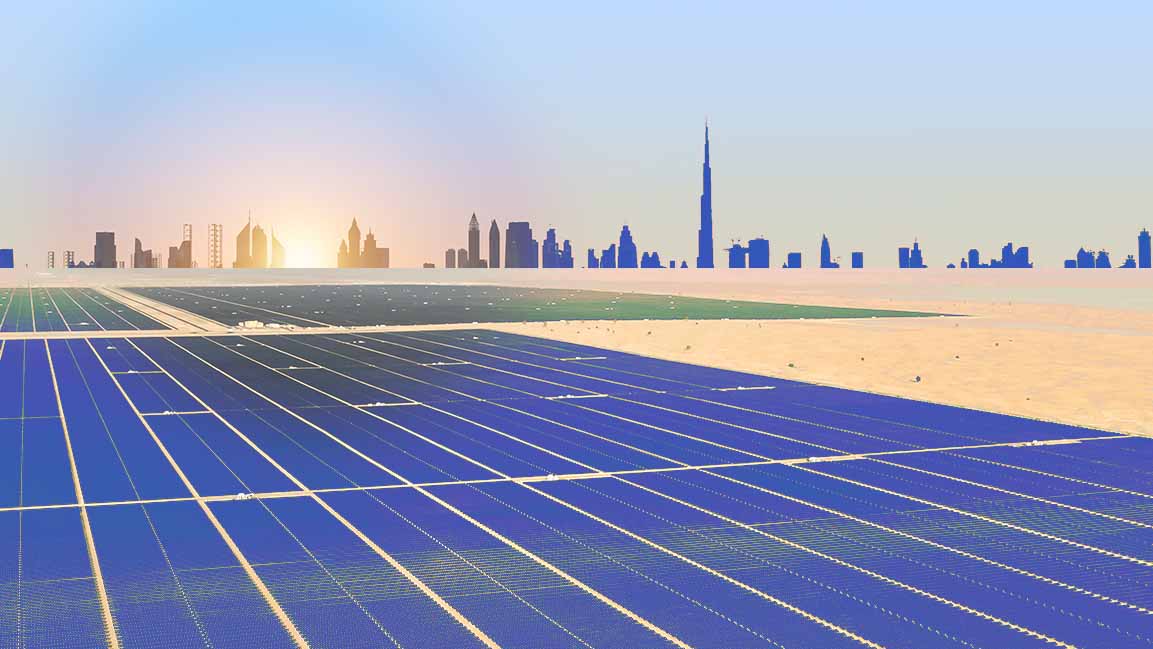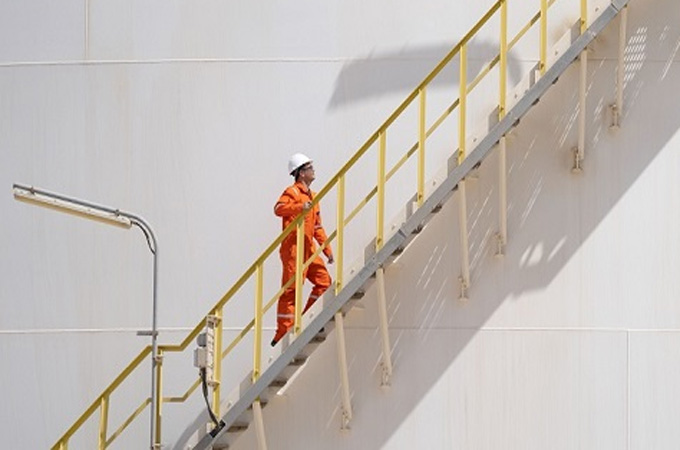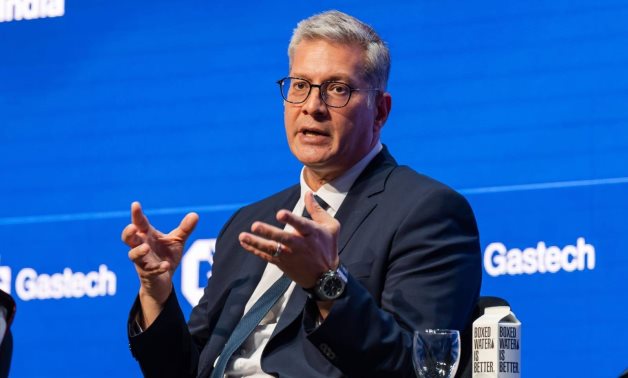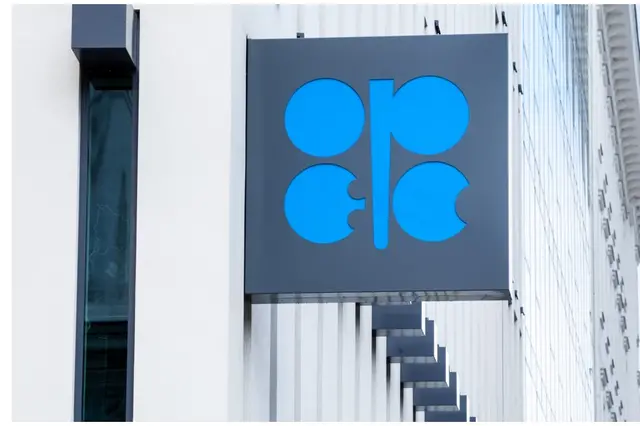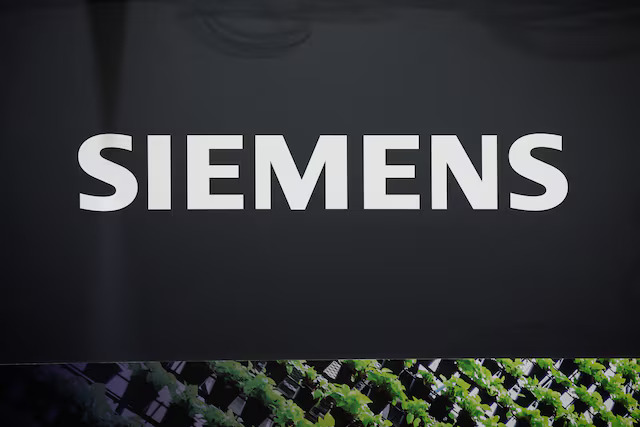Energy

UAE’s ENOC looks towards expansion of Jebel Ali oil refinery to boost capacity
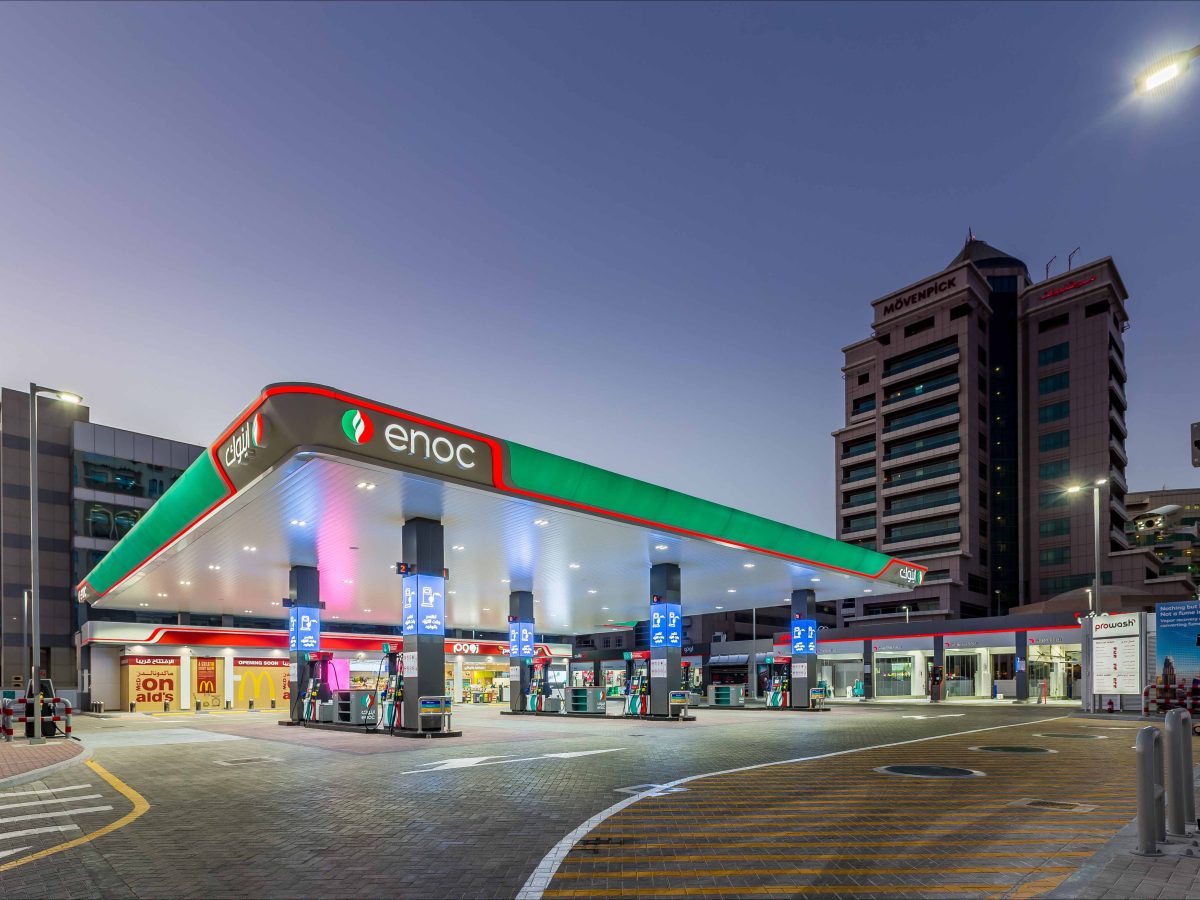
Saif Humaid Al Falasi, Group CEO ofEmirates National Oil Company (ENOC),has announced plans to expand the Jebel Ali Oil Refinery and the company’s network of fuel stations across the UAE as part of its ongoing investment strategy.
Speaking during the 26th Water, Energy, Technology, and Environment Exhibition (WETEX) 2024 in Dubai, Al Falasi highlighted ENOC’s development of mobile fuel stations. These stations, he noted, are significantly more cost-effective, with each costing between AED 1-2 million, compared to the AED 20-30 million needed to build a traditional fuel station.
“These mobile energy stations provide a flexible solution to meet energy needs in different areas, as their locations can be adjusted to match demand and traffic congestion in specific regions,” he added.
He also spoke about ENOC Link, the UAE’s digital mobile fuel delivery service for businesses, highlighting that it offers motorists and customers easy and convenient access to fuelling services.
As the world’s first ‘eLink Station,’ this solar-powered facility is equipped with advanced digital systems and provides consumers with a reliable supply of diesel and biodiesel.
Additionally, ENOC unveiled its world-first innovative ENOC Link solar-powered biodiesel truck at WETEX 2024. As a part of the recently introduced National Biofuels Policy, the ENOC Link solar-powered biodiesel truck also aligns with the UAE’s energy transition goals.
The new ENOC Link biodiesel trucks feature an aluminium tank with a 5,000-litre capacity, divided into two compartments, allowing the transport and distribution of two distinct biodiesel grades, ensuring an efficient and convenient experience for consumers. The trucks are also equipped with two 500-550W solar panels, which provide up to eight hours of operation on a single charge. This system includes two 240V DC primary batteries, a 24V DC backup battery, and a dedicated 24V DC battery for the air conditioning system.
Additionally, the trucks are fitted with ATEX-certified on-grid photovoltaic (PV) solar panels, generating 1.3 megawatt-hours of solar energy annually, reducing approximately 6.6 tonnes of carbon emissions.






